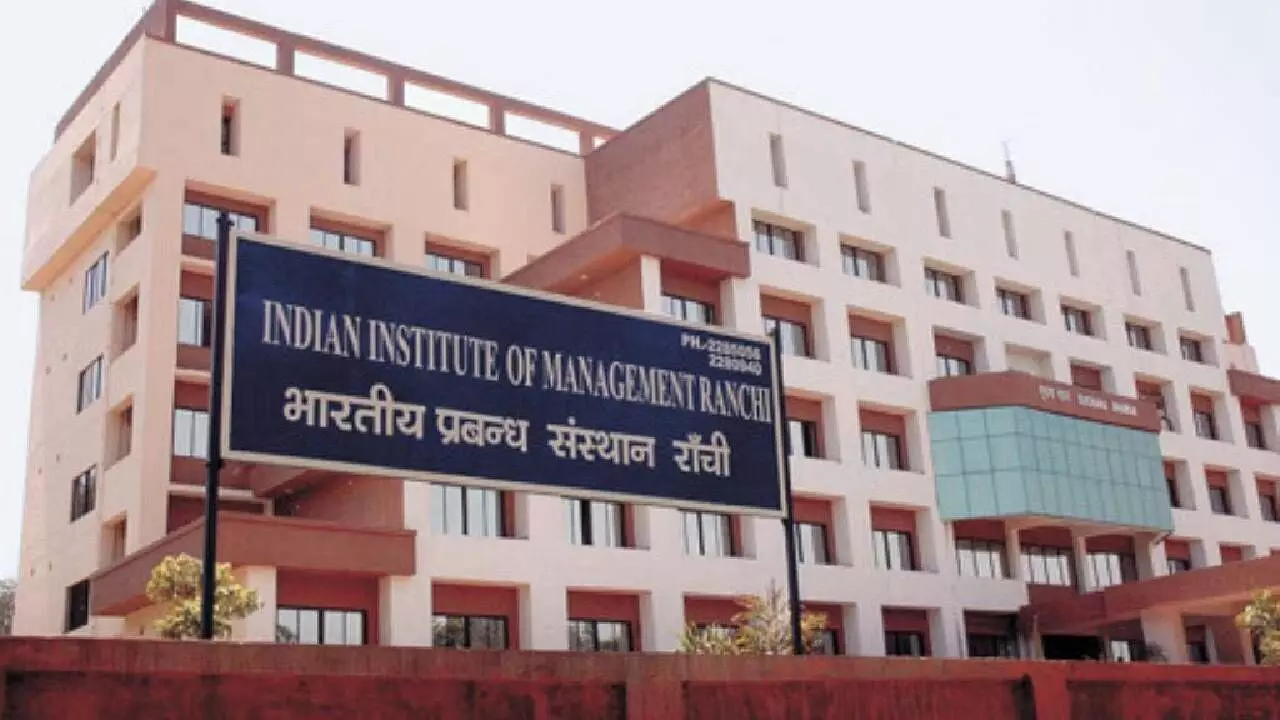IIMs develop governance model for PPP projects
The framework would deal with contract disputes, investment risks
image for illustrative purpose

New Delhi: Researchers from the Indian Institute of Management (IIM) Lucknow and Ranchi have developed a framework to strengthen governance in public-private partnership projects and deal with challenges such as contract disputes and investment risks, according to officials.
Public-private partnership (PPP) projects play a significant role in infrastructure development but such projects often face challenges such as contract disputes, investment risks, institutional gaps, and other issues such as transparency, trust, and integrity.
Though these projects are recognised globally, there is a pressing need of a comprehensive framework that can enable managers to design and monitor accountability across the entire project lifecycle, they said.
Published in the reputed journal Built Environment Project and Asset Management, the research draws on real-world PPP cases to integrate accountability-related themes such as transparency, integrity, responsibility, and performance.
“The proposed accountability framework provides multifaceted implications for policymakers managing PPP projects, such as maximum public display and media coverage of complete information, following joint decision-making process, clarifying individual responsibility and continuous external and internal review of performance,” Dipti Gupta, Assistant Professor, IIM Lucknow, said.
“The developed framework can be used by the policymakers, regulating authorities, and project managers in designing accountability governance policies, risk-sharing mechanisms, and performance management systems for PPP projects. By fostering transparency and trust, the framework enables better stakeholder participation and enhances the long-term sustainability of public infrastructure projects,” she added. The framework developed by Gupta along with Santosh Kumar Prusty, Assistant Professor, IIM Ranchi, has combined theoretical drivers such as trust, dialogue, multi-dimensionality, and external control.

